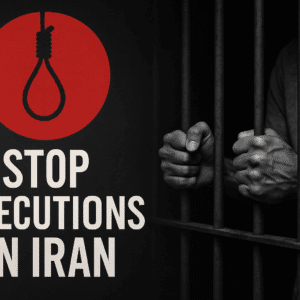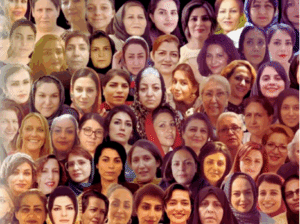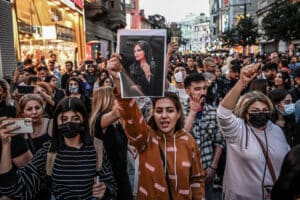Varisha Moradi, a Kurdish political prisoner, has recently been sentenced to death by Branch 15 of Tehran’s Revolutionary Court under Judge Abolqasem Salavati, on charges of “rebellion” against the state. This charge, frequently applied to cases involving political or ideological dissent, implies armed rebellion against the ruling authorities. The sentence, communicated to Moradi’s legal team on November 10, 2024, was issued based on “the judge’s intuition” without concrete evidence, a decision that has stirred deep concern among human rights advocates both within and beyond Iran.
Judge Abolqasem Salavati, widely known as the “Judge of Death,” has been criticized by international human rights organizations for his history of handing down severe sentences, including death penalties and long-term imprisonment, targeting civil and political activists. This latest sentence against Moradi exemplifies the judiciary’s harsh treatment of minorities and political dissidents, further illustrating a pattern of systemic repression in response to peaceful dissent.
In protest of this ruling, female political prisoners at Tehran’s Evin Prison staged a demonstration on Tuesday, November 11, 2024. The women chanted slogans such as “Freedom, Freedom, Freedom” and “Lives may go, heads may fall, but freedom will prevail,” voicing their collective call for freedom and an end to repression. This protest, held in solidarity among political prisoners, underscores a remarkable spirit of resistance in the face of systematic suppression.
These events have once again drawn the international community’s attention, including that of human rights defenders in Switzerland and beyond, to the severe human rights situation in Iran. Calls for global support to advocate for the rights of political prisoners, the repeal of death sentences, and the defense of freedom of expression and belief are now more critical than ever.




